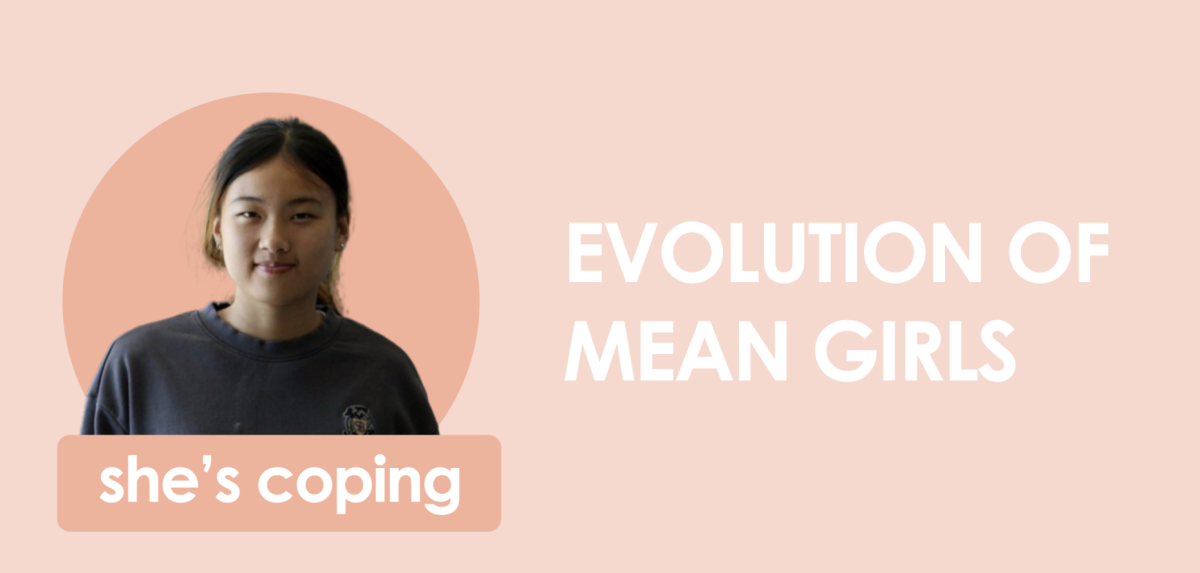The Mean Girl–a complex character, meant to be loved, hated and feared–has been a recurring role in media, most notably in the 2004 film “Mean Girls,” co-written by Tina Fey.
Fey recently told Playbill in a public statement that she had been preparing to bring the show back to the big screen.
The movie, which opened in theaters on Jan. 12, once again raises discussion about the Mean Girl trope.
According to online entertainment magazine The Take, the Mean Girl is confident, cunning and manipulative. She often finds entertainment from humiliating others, but is still seen as charismatic and alluring by her peers. On the surface, she’s the face of power and corruption.
She personifies the status quo of the social hierarchy, with a clique that enforces her tyrannical nature.
To me, the Mean Girl embodies the evolution of female rage.
Not only portrayed in the media, but portrayed in real life, historically society expects women to paint a morally superior picture. They act as the righteous figure for their children by burying their anger.
However, as the Mean Girl trope appeared in media works in the 1970s, viewers saw another side of feminine rage. For example, in Stephen King’s “Carrie,” King describes popular teenager Chris as cruel and sadistic. The character plots revenge against the book’s titular character, Carrie to express her hatred toward the misfit.
In 1995, Nicki R. Crick and Jennifer K. Grotpeter coined the term “relational aggression” to describe male and female anger: one through physical aggression and the other through weaponizing relationships, such as exclusion or spreading rumors.
The consequences of Chris’s actions towards Carrie and other Mean Girls in early films contrasted the societal norm for women.
Mean Girl character traits and actions made the trope generally loathed. Viewers often prayed for the Queen Bee’s downfall.
As the character evolved through film, though, filmmakers began introducing more complexity to the role. This gave females, especially teenage girls, a character with whom to identify and relate with.
These characters’ meanness can act as their coping mechanism against the social hierarchy that restricts their capabilities and individuality. This establishes the stereotype of the “Queen Bee,” who both rules over and relies on her colony.
Through works like 1980’s musical “Heathers,” films began showing the societal motivations and intrinsic incentives behind the Mean Girl’s actions.
By the 1990’s, the archetype was widespread in media. Movies and shows displaying multifaceted sides of the Mean Girl personality were common.
However, the trope has also somewhat contributed to the misogynistic view of feminine anger in the form of the hysterical and manic woman.
Not only are emotions expressed through behind-the-scenes manipulation, but oftentimes violent passion. Regina George’s outburst in the conclusion of “Mean Girls” exemplified this.
A woman can rage over reputation and money, exemplified by the character Renata Klein in “Big Little Lies”, showing that these outbursts may be a last resort for women to achieve what they covet.
The Mean Girls trope to me is not about a character’s personality, privilege or materialistic tendencies, but rather the individual and societal factors behind a character’s actions, words, or emotion.
Today, the character has contributed to girls accepting their multiplicities and the understanding that women, whether a “popular” or a “misfit,” have the capacity to exist in each of their individual forms.
The views in this column do not necessarily reflect the views of the HiLite staff. Reach Ivy Zhen at [email protected].

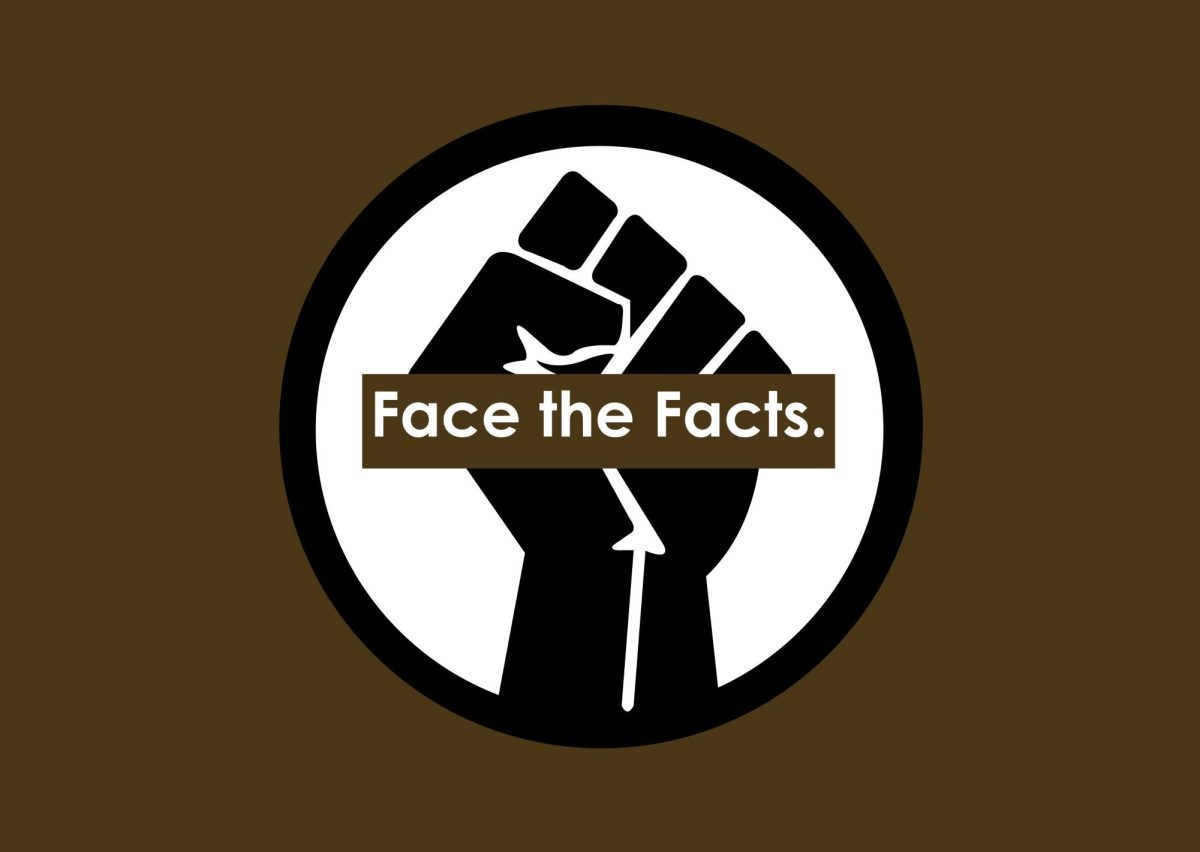









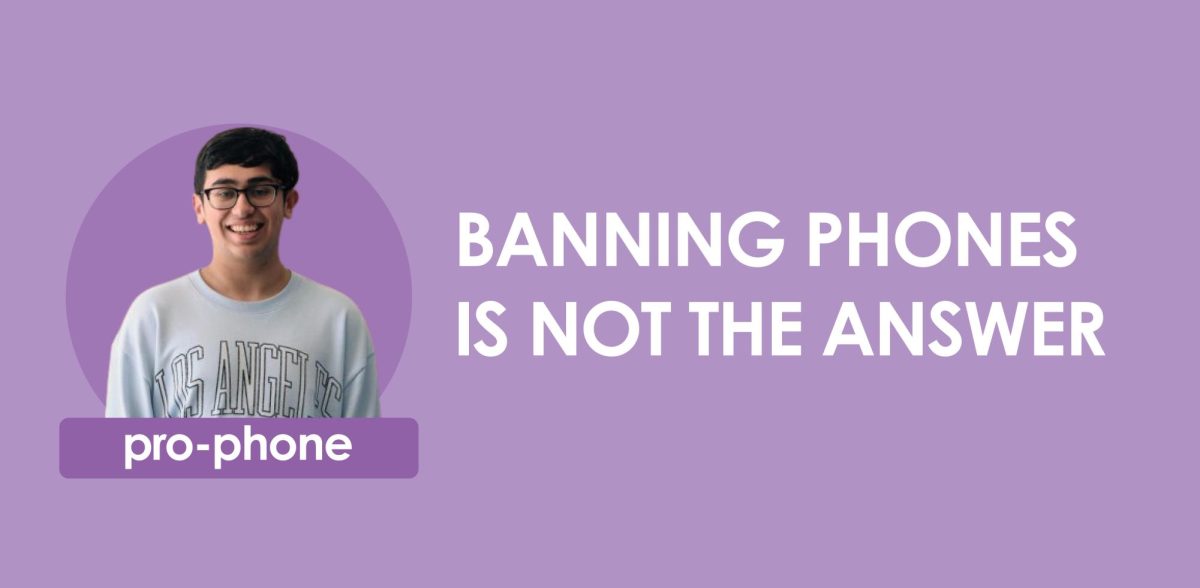
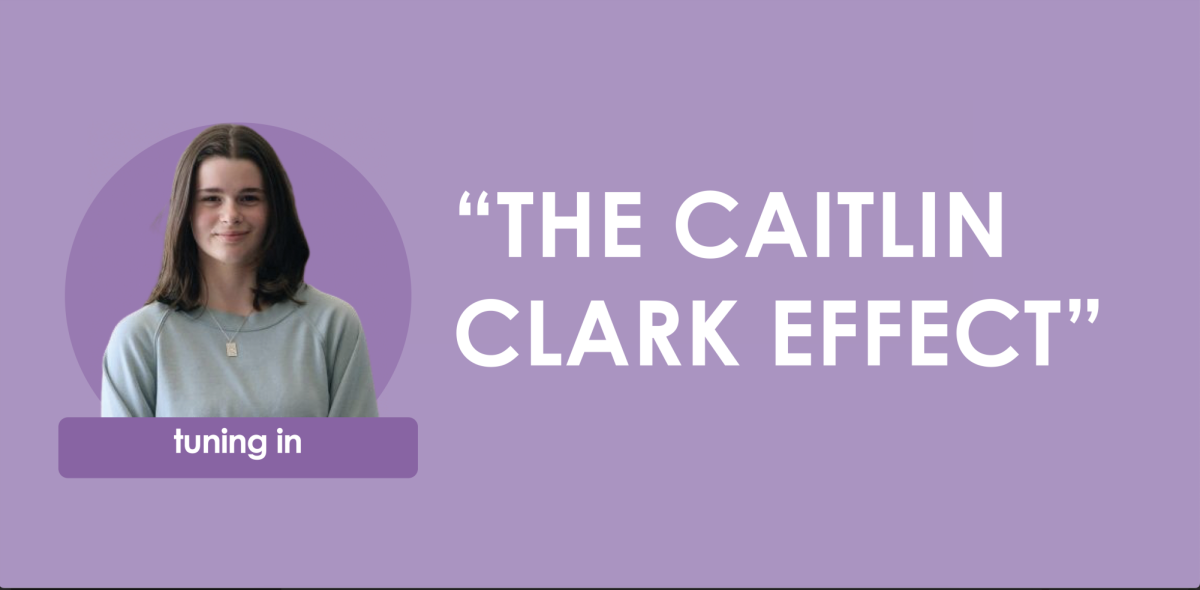

















![Family vlogger controversy, need for content reform [opinion]](https://hilite.org/wp-content/uploads/2024/05/Screenshot-2024-05-14-11.33.37-AM-1200x465.png)
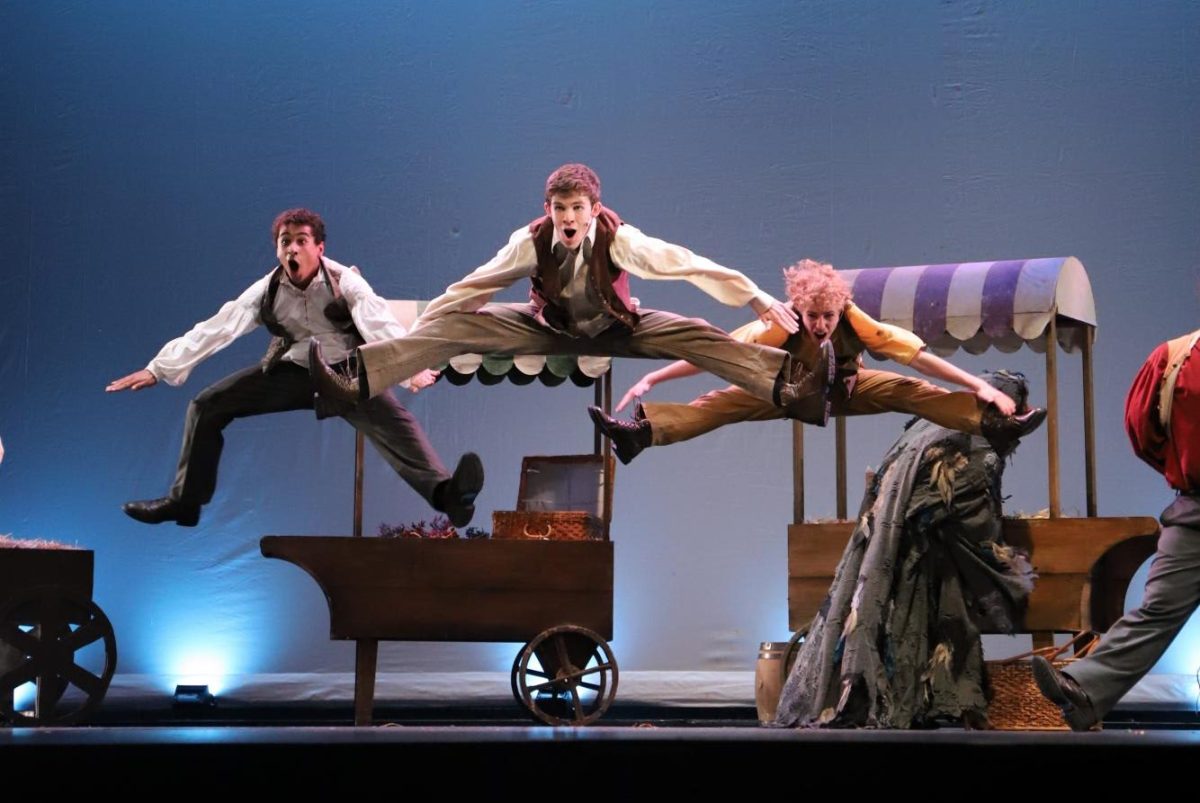
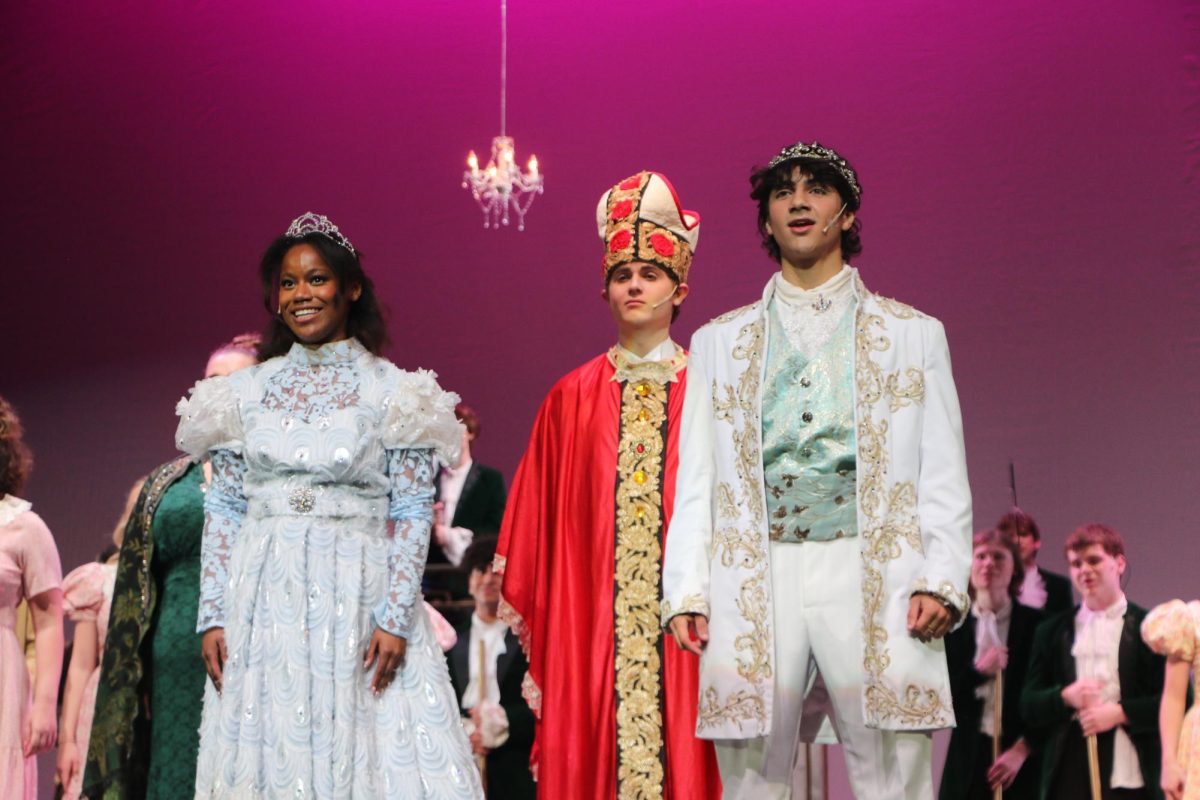

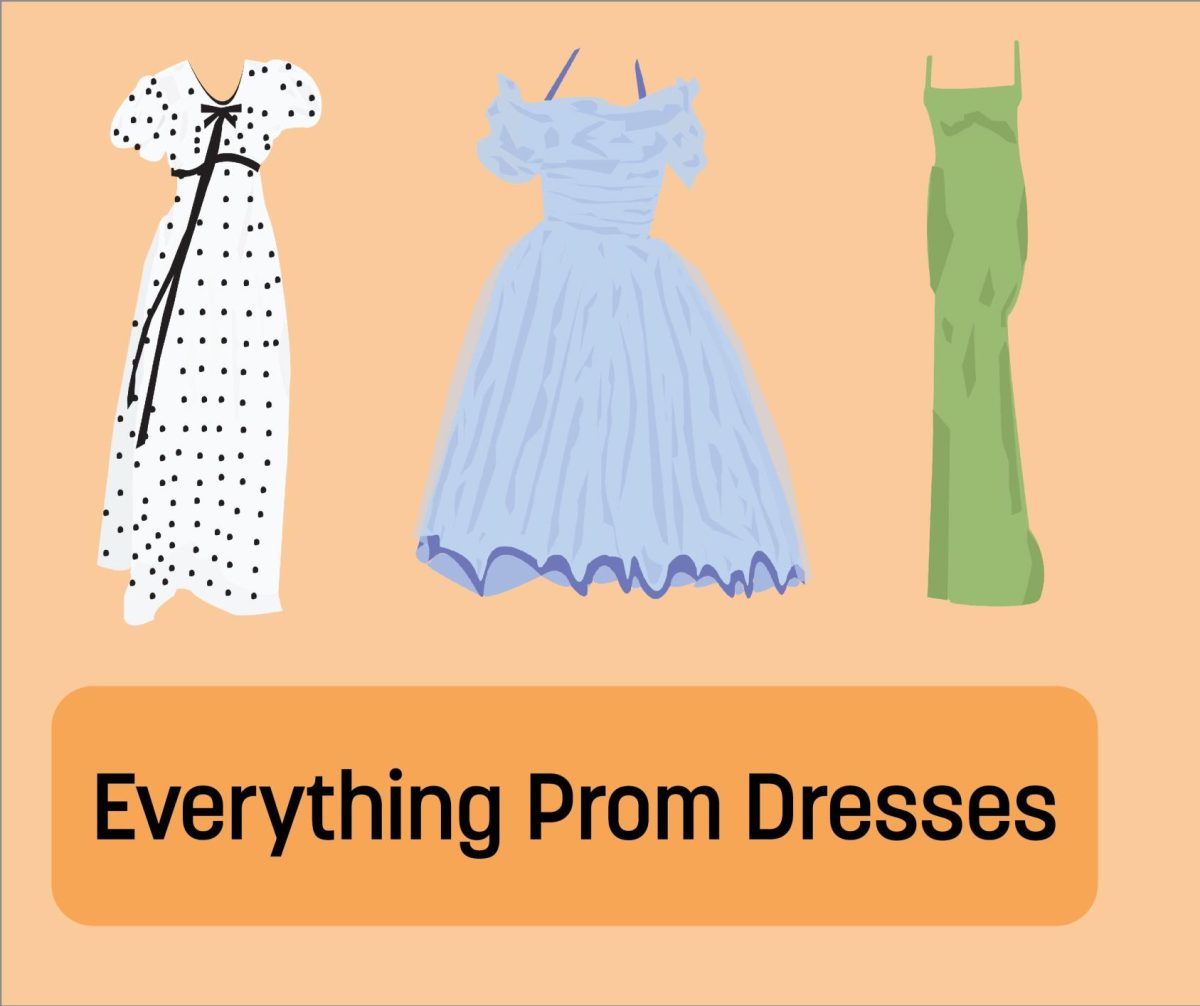

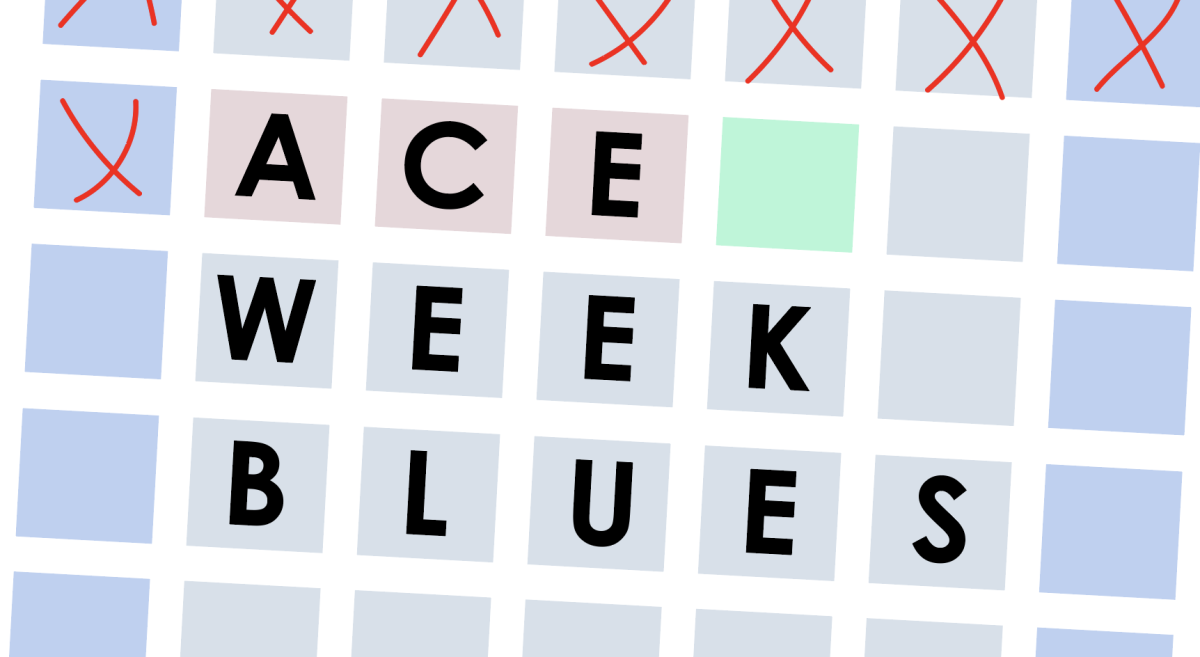
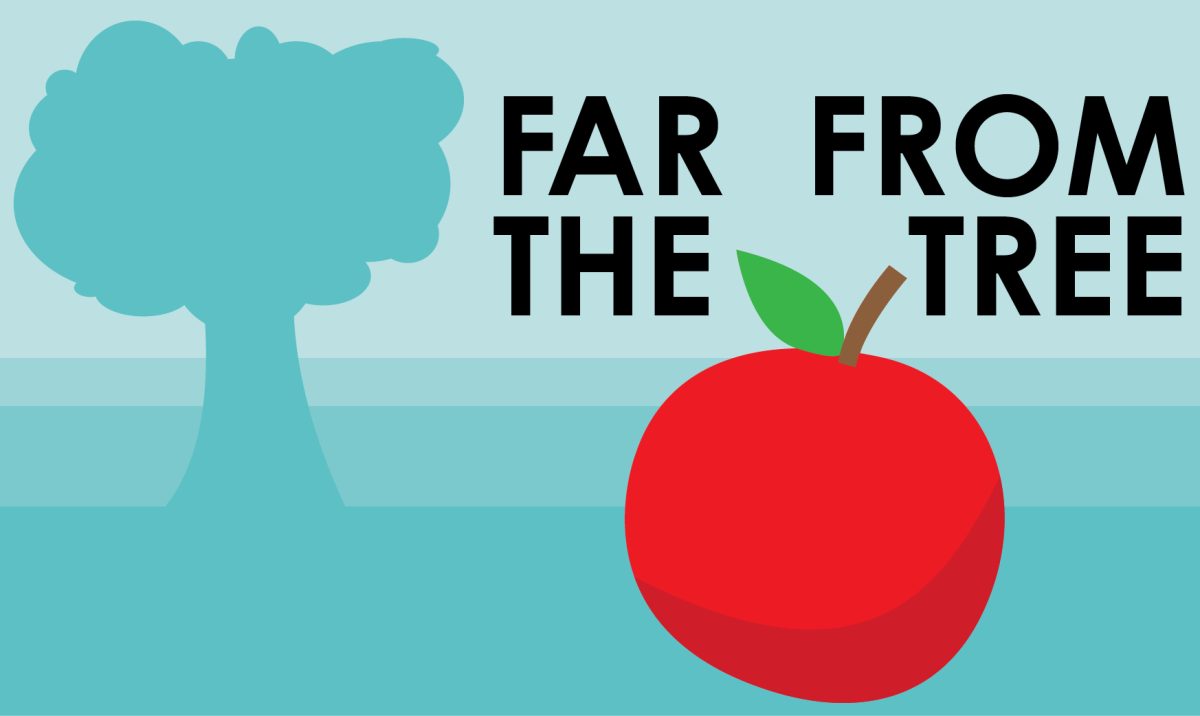
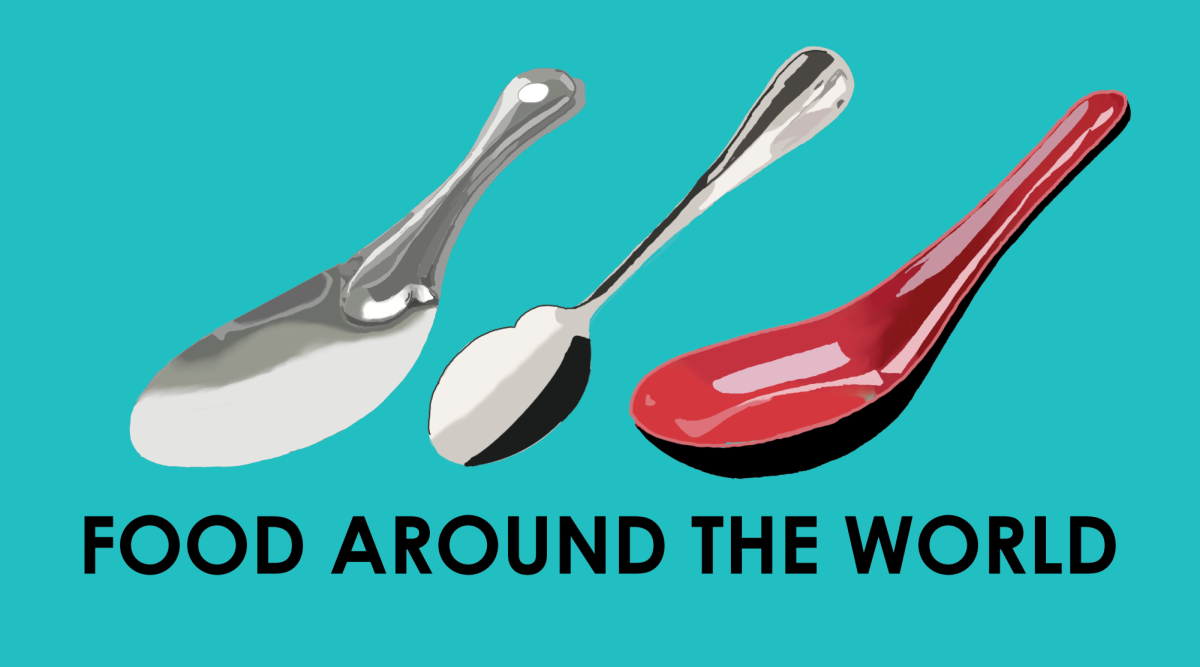






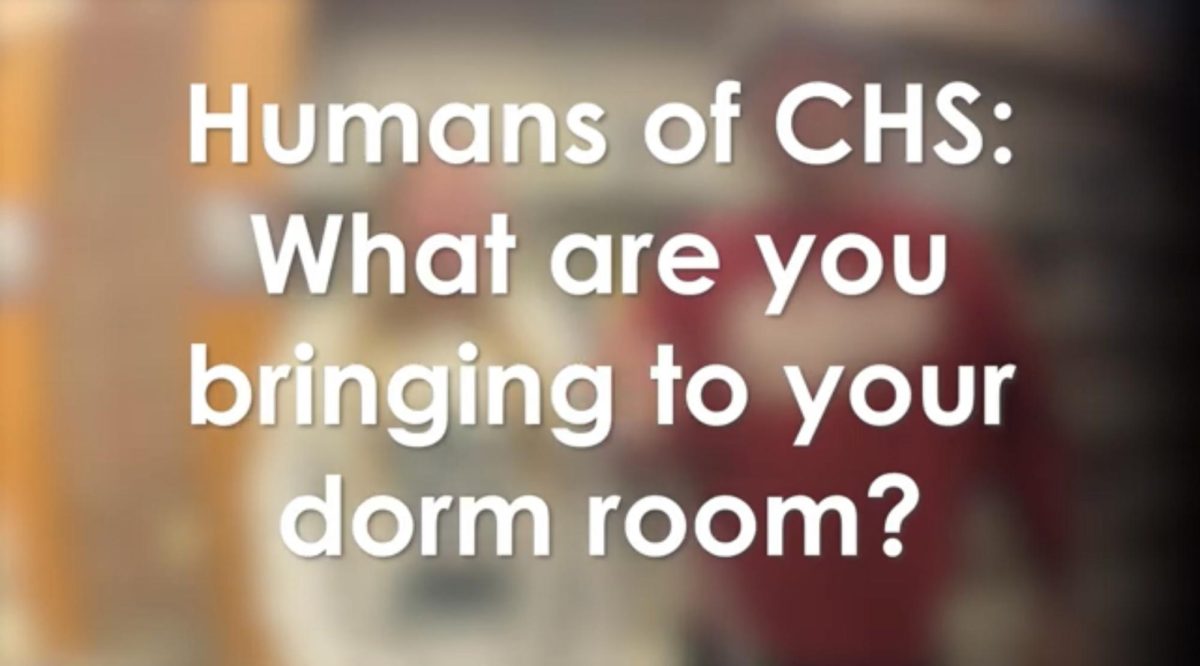










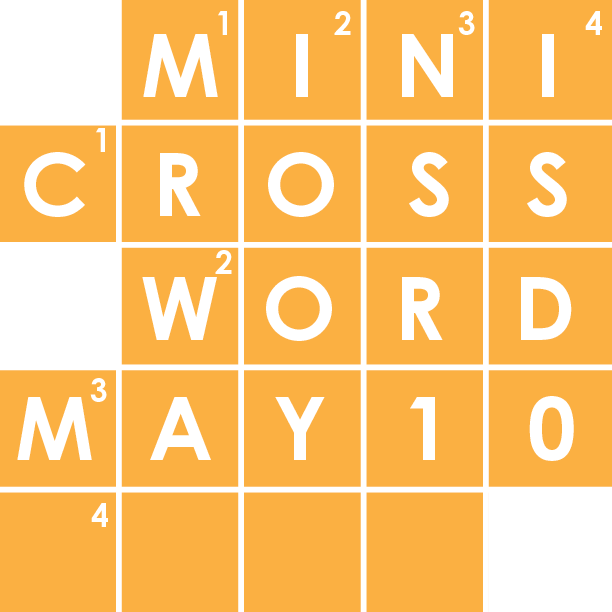

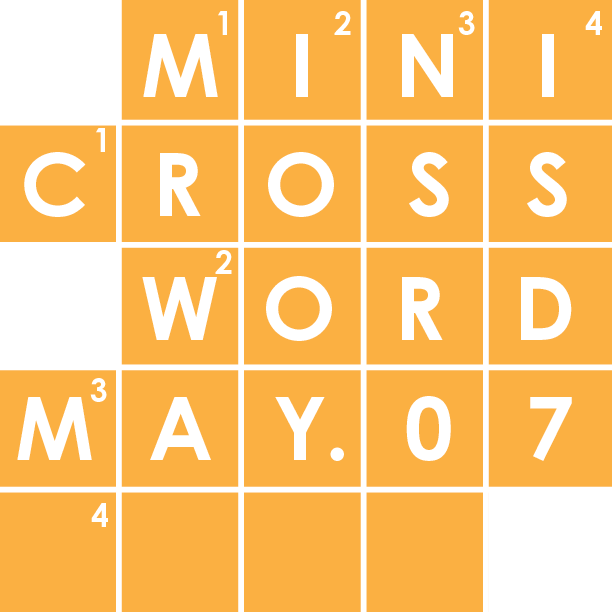
![Review: Taylor Swift’s new album The Tortured Poets Department is not her best work but is still a brilliant album [MUSE]](https://hilite.org/wp-content/uploads/2024/05/The-Anthology_Cover-1200x675.webp)
![Review: Challengers does it all [MUSE]](https://hilite.org/wp-content/uploads/2024/05/challengers-poster-1200x600.png)
![Review: A House of Flame and Shadow by Sarah J. Maas was a disappointing read [MUSE]](https://hilite.org/wp-content/uploads/2024/05/house-of-flame-and-shadow-feature.png)
![Review: Conan Gray’s new album, “Found Heaven”, is a refreshing twist on modern music [MUSE]](https://hilite.org/wp-content/uploads/2024/05/Screenshot-2023-10-31-at-16.01.05.webp)
![Review: “Bodies, Bodies, Bodies” is the quintessential Gen-Z movie [MUSE]](https://hilite.org/wp-content/uploads/2024/05/Screenshot-2024-05-15-140618.png)
![Review in Print: Maripaz Villar brings a delightfully unique style to the world of WEBTOON [MUSE]](https://hilite.org/wp-content/uploads/2023/12/maripazcover-1200x960.jpg)
![Review: “The Sword of Kaigen” is a masterpiece [MUSE]](https://hilite.org/wp-content/uploads/2023/11/Screenshot-2023-11-26-201051.png)
![Review: Gateron Oil Kings, great linear switches, okay price [MUSE]](https://hilite.org/wp-content/uploads/2023/11/Screenshot-2023-11-26-200553.png)
![Review: “A Haunting in Venice” is a significant improvement from other Agatha Christie adaptations [MUSE]](https://hilite.org/wp-content/uploads/2023/11/e7ee2938a6d422669771bce6d8088521.jpg)
![Review: A Thanksgiving story from elementary school, still just as interesting [MUSE]](https://hilite.org/wp-content/uploads/2023/11/Screenshot-2023-11-26-195514-987x1200.png)
![Review: When I Fly Towards You, cute, uplifting youth drama [MUSE]](https://hilite.org/wp-content/uploads/2023/09/When-I-Fly-Towards-You-Chinese-drama.png)
![Postcards from Muse: Hawaii Travel Diary [MUSE]](https://hilite.org/wp-content/uploads/2023/09/My-project-1-1200x1200.jpg)
![Review: Ladybug & Cat Noir: The Movie, departure from original show [MUSE]](https://hilite.org/wp-content/uploads/2023/09/Ladybug__Cat_Noir_-_The_Movie_poster.jpg)
![Review in Print: Hidden Love is the cute, uplifting drama everyone needs [MUSE]](https://hilite.org/wp-content/uploads/2023/09/hiddenlovecover-e1693597208225-1030x1200.png)
![Review in Print: Heartstopper is the heartwarming queer romance we all need [MUSE]](https://hilite.org/wp-content/uploads/2023/08/museheartstoppercover-1200x654.png)











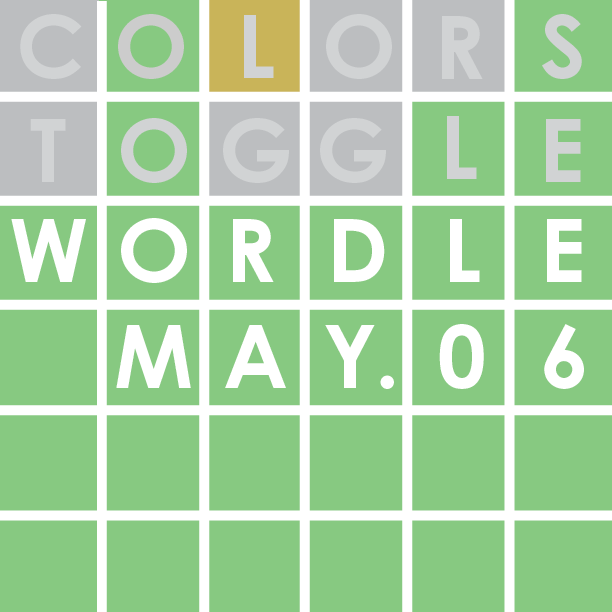

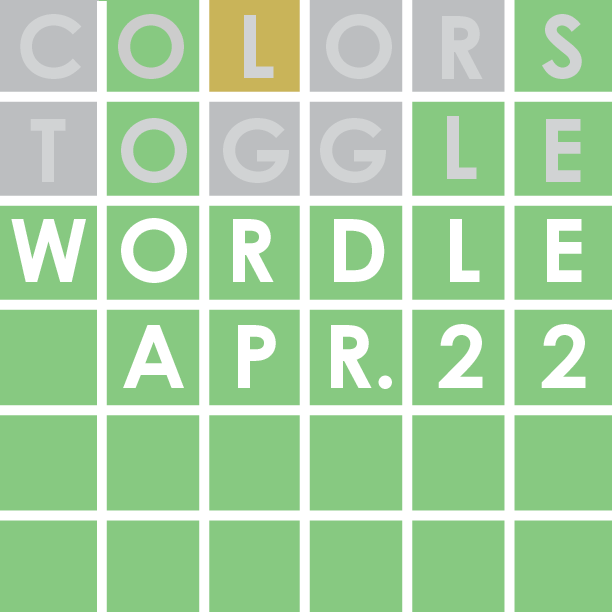








![Review: “Ginny & Georgia” is a dramatic and poorly made emotional rollercoaster–and I loved it anyway [MUSE]](https://hilite.org/wp-content/uploads/2024/03/ginny-and-georgia-season2-main-be37bbb9487a41e88b3f66c3baacd5c3-300x177.jpg)
![Review: Witch Hat Atelier is a masterpiece in art and world-building, but the story has only begun [MUSE]](https://hilite.org/wp-content/uploads/2024/01/unnamed-211x300.png)
![Review: “Mysterious Lotus Casebook” is an amazing historical Chinese drama [MUSE]](https://hilite.org/wp-content/uploads/2024/03/0-300x170.webp)
![Review: “A Little Life” by Hanya Yanagihara is the epitome of a heartwrenching masterpiece [MUSE]](https://hilite.org/wp-content/uploads/2024/01/unnamed-5-300x200.png)




![The new “Kung Fu Panda 4” movie: a journey of growth, self-realization and adventure [opinion]](https://hilite.org/wp-content/uploads/2024/03/po-1200x588.png)
![Valentines Day highlights the downfall of rom-com genre, potential for re-brand [opinion]](https://hilite.org/wp-content/uploads/2024/02/Screenshot-2024-02-15-3.00.02-PM.png)
